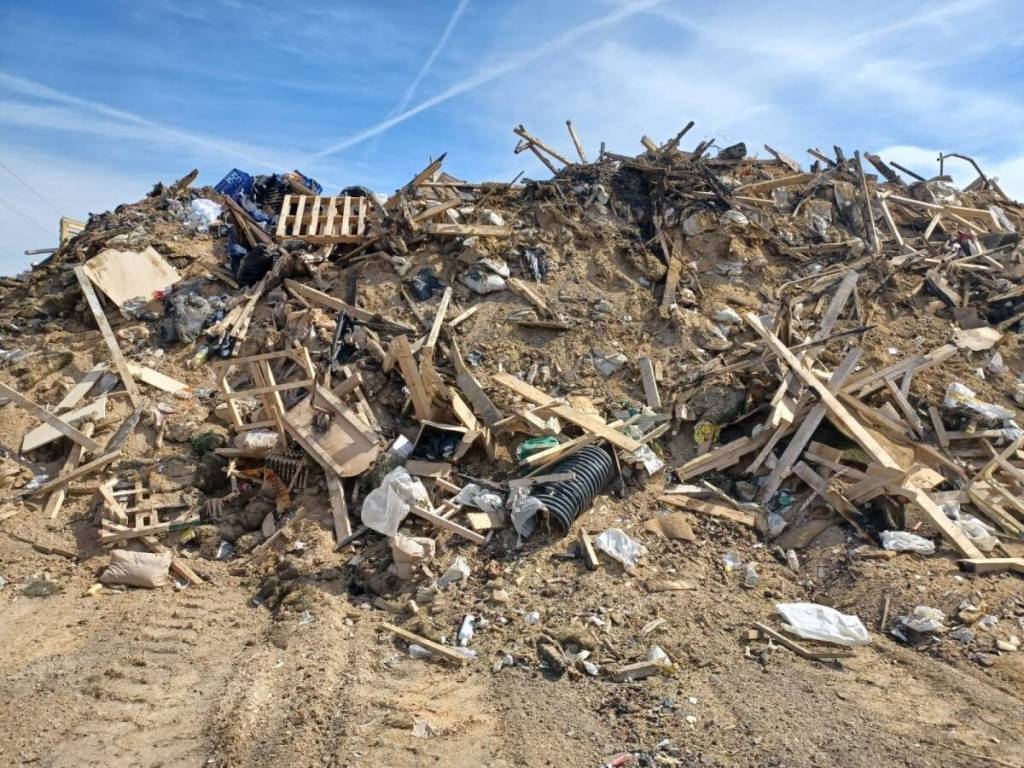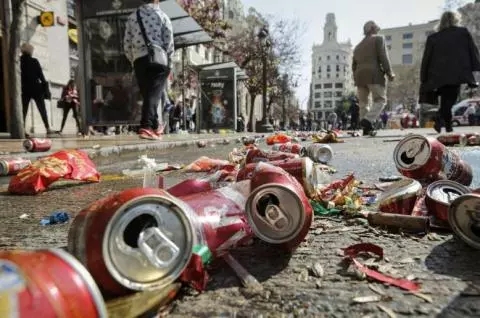The Fallas Festival is a unique and iconic celebration held annually in Valencia, Spain. Each year, from March 15th to 19th, the city comes alive with vibrant colors, extraordinary sculptures, and jubilant energy as residents and visitors come together to celebrate their culture and community. However, organizing and managing this grand festival also brings with it a multitude of logistical challenges.
During the Fallas Festival, the city’s streets are filled with massive sculptures called “ninots,” each meticulously crafted by local artists. To accommodate these impressive displays, local authorities, artists, neighborhood associations, and transportation providers must collaborate extensively. This coordination involves the planning and execution of street closures, waste management, security measures, transportation rerouting, and ensuring accessibility for emergency services.
Despite the concerted efforts of all stakeholders, the Fallas Festival faces significant logistical issues. For instance, the influx of approximately 2 million visitors[1] during the event creates immense strain on transportation infrastructure and public services. Moreover, the festival generates substantial waste, with nearly 4,000 kilograms of cardboard and 3,000 kilograms of wood used for constructing the ninots[2]. Additionally, the increased demand for accommodations can lead to price gouging and substandard lodging conditions for visitors[3].
To address these challenges, a comprehensive approach should be considered. Enhancing public transportation during the festival, including increased bus and train frequencies, can help alleviate congestion. Encouraging carpools and bike rentals can also reduce the strain on infrastructure. Waste management can be improved by promoting recycling and using more sustainable materials for the ninots. Furthermore, local authorities can work closely with accommodation providers to establish and enforce fair pricing guidelines and quality standards. By addressing these issues, Valencia can continue to celebrate the Fallas Festival while minimizing its negative impact on the city and its residents.
[1] https://www.spain.info/en/reportajes/las-fallas-de-valencia-una-fiesta-sin-par.html
[2] https://www.levante-emv.com/fallas/2019/03/15/fallas-2019-basura-reciclaje-fallas-11784811.html


